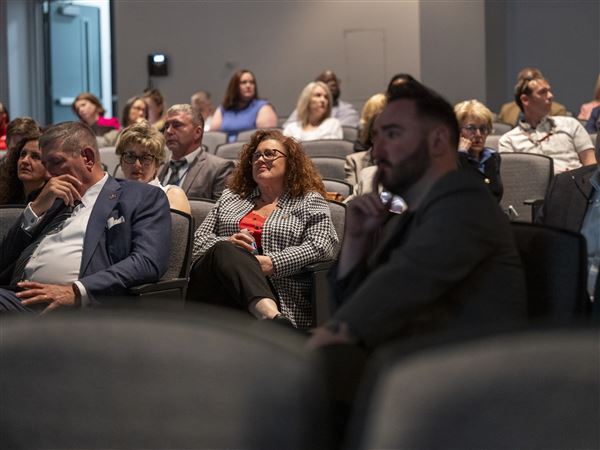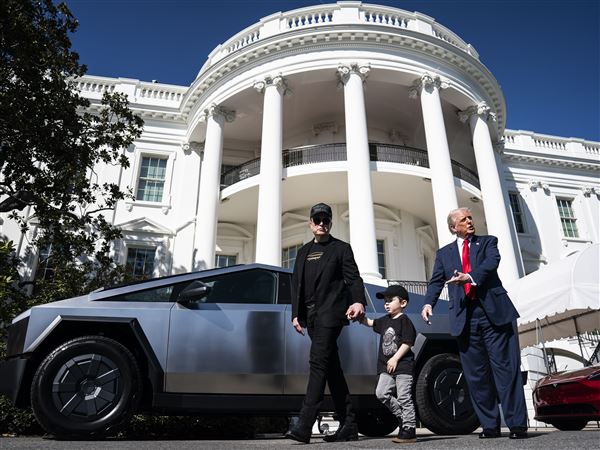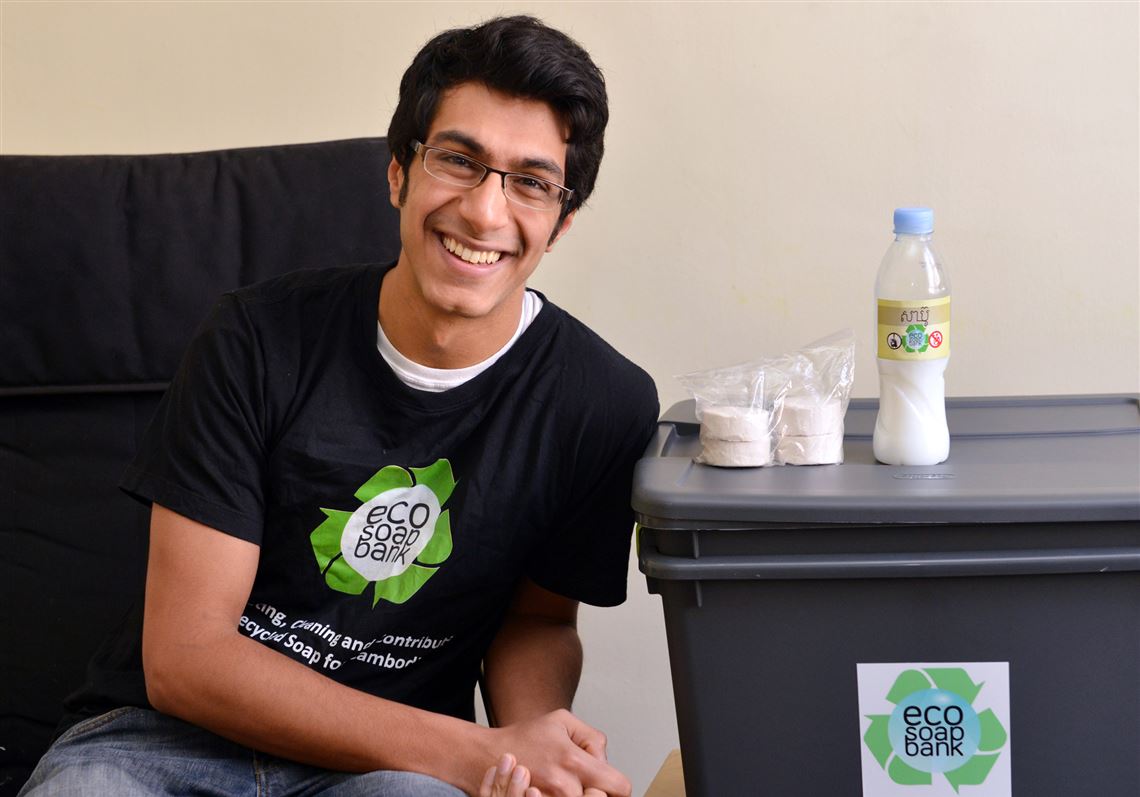Those complimentary bars of soap from hotels — yes, the ones you wash your hands with once and throw away — are being used to save lives in places like Cambodia and Rwanda.
Samir Lakhani, 24, a University of Pittsburgh graduate, noticed something few people would while researching climate change in Cambodia between his junior and senior years at college.
“There was one singular moment when I saw a village mom giving a bath to a newborn baby,” he said, “in a tub of just laundry powder [detergent] and water.”
In households that don’t use detergent, the situation was even more dire.
So, while still at Pitt he created the Eco-Soap Bank, an idea that has helped 661,000 people with hygiene in their households since 2014.
“Just from our recycled soap, just from a resource that had been going into a landfill,” Mr. Lakhani said.
Cable News Network recently named Mr. Lakhani a “CNN Hero” for his efforts to bring sanitation and hygiene to Cambodia while also helping local women pay down debts and maintain their households. The program, now in its 11th year, recognizes everyday people changing the world.
In some developing nations like Cambodia, just 1 percent of households have soap for washing hands, a 2015 World Health Organization assessment reported. Worldwide 1.6 million deaths per year can be attributed to poor hygiene, lack of sanitation and unsafe water, according to the Centers for Disease Control and Prevention.
At the same time, Mr. Lakhani said, the tourism industry in Cambodia was booming, making the sample-sized soaps widely available. A 2016 Cambodian government report found nearly 5 million people visit the Southeast Asian nation annually.
Unlike traditional aid programs, the Eco-Soap Bank doesn’t just donate the soap — although it does give bars of soap to hospitals, schools, orphanages and villages. The nonprofit also employs local women to help recycle the bars by sterilizing, cold-pressing and remolding them into new clean soap bars.
“We’re creating micro-enterprises for these women while creating access to hygiene,” he said.
Joy Braunstein of Greenfield, chairperson of the Eco-Soap Bank’s board of directors that’s based in Squirrel Hill, said she nominated Mr. Lakhani for the CNN Hero award due to the creativity required to start the nonprofit and the amount of work he has put into the organization.
“He really does all the work,” she said.
Since its founding, the nonprofit has grown. It now has four branches in Cambodia — Siem Reap, Phnom Penh, Battambang and Sihanoukville — and has been expanded to Rwanda and Nepal.
Mr. Lakhani said the decision to expand to Nepal came after the 2015 earthquake that devastated the country and collapsed its public health infrastructure. It established a branch in its capital, Kathmandu, and in Rwanda’s capital city, Kigali.
The nonprofit directly employs 35 women and indirectly helps 26 women in Cambodia, who help recycle and sell a percent of soap.
While the Eco-Soap Bank board is composed of many Pittsburghers, the organization has made efforts to include directors from across the U.S. and the world.
The nonprofit briefly flirted with recycling soap in Pittsburgh and shipping it to developing countries, but, he said, that would have been ineffective and costly. Additionally, with recycling soap close to the areas that will need it, “we’re able to respond to outbreaks as quickly as possible.”
Ms. Braunstein said the support the Eco-Soap Bank has received from Pittsburgh has been surprising.
And Mr. Lakhani said that, while his organization isn’t as flashy as other aid programs, it’s been well-received and well-supported.
“Soap and hygiene isn’t something people really think about when they think about troubles,” he said. “But for Pittsburghers to rally behind our cause has been great.”
To see CNN’s video presentation of Samir Lakhani go to cnn.com and search for his name and CNN Hero. Ten of this year’s heroes will be honored during an all-star tribute to be broadcast on CNN in December and are in the running for CNN Hero of the Year.
Find out more about Eco-Soap Bank at ecosoapbank.org.
Alex Weidenhof: 412-263-1969 or aweidenhof@post-gazette.com.
First Published: July 29, 2017, 4:00 a.m.

















